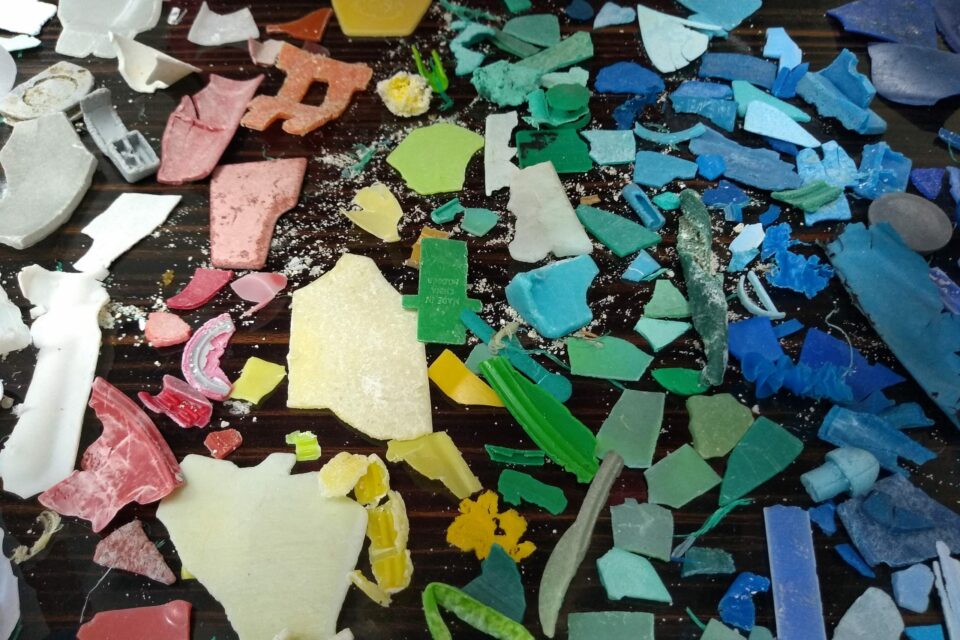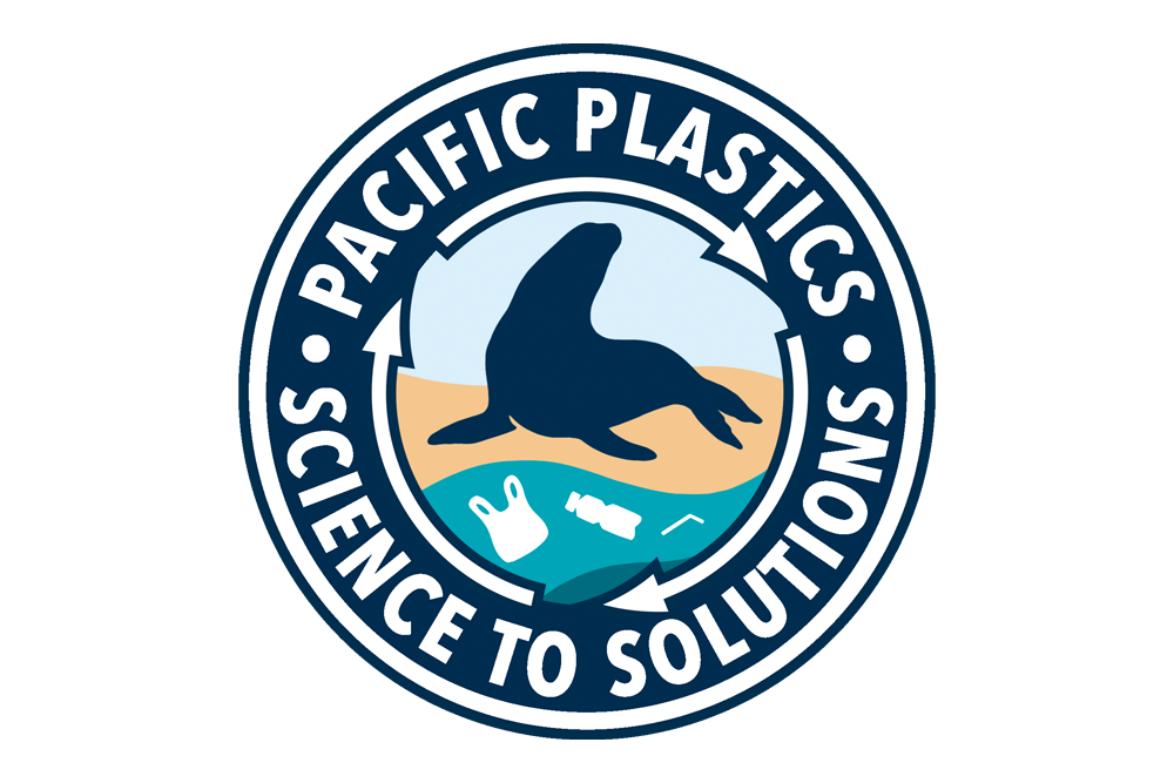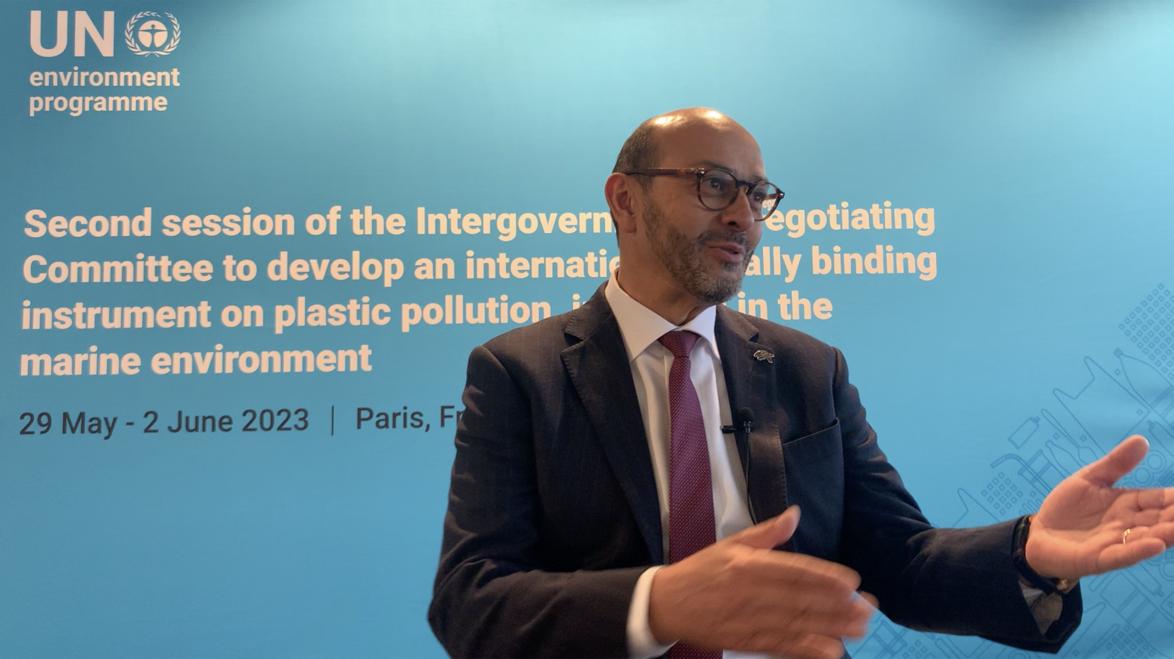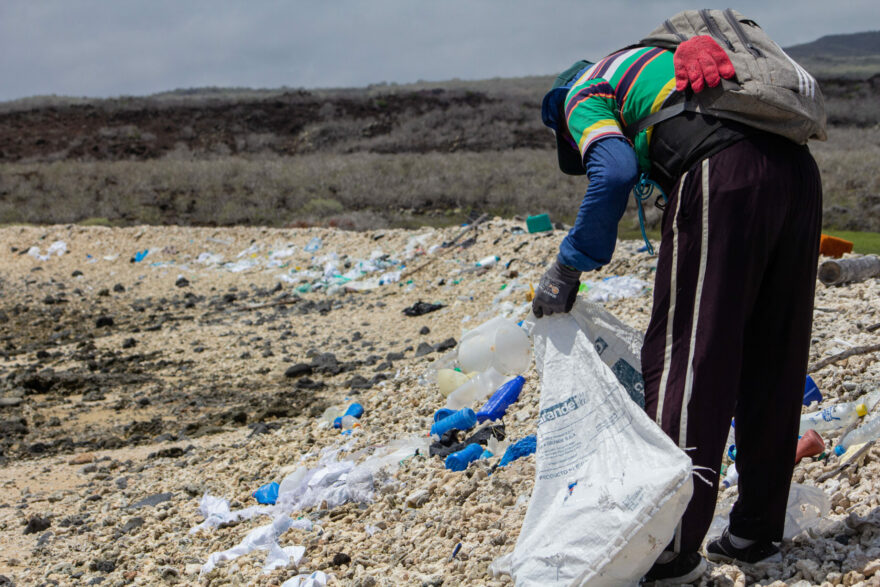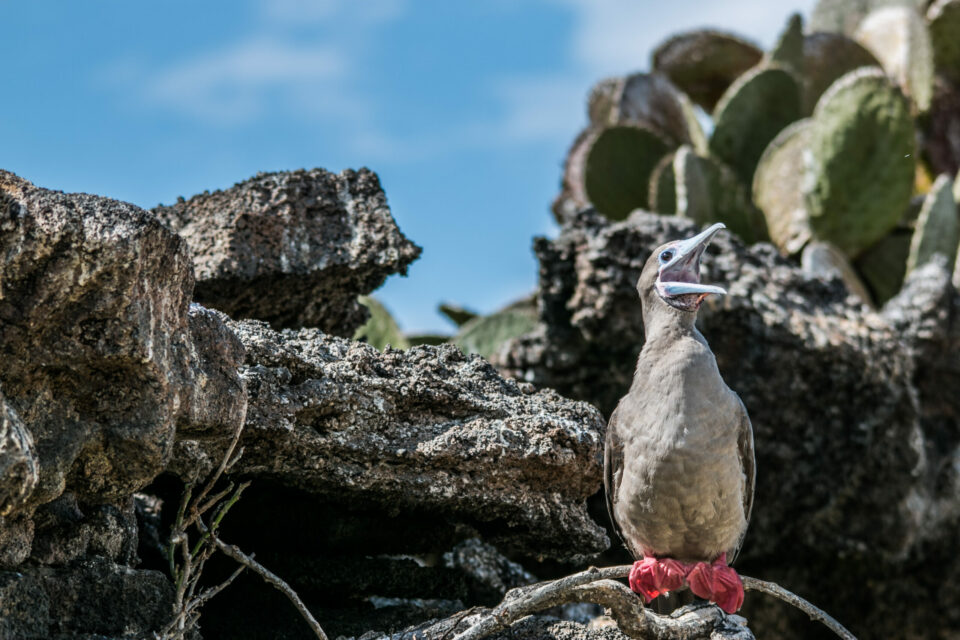

GCT at the Global Plastics Treaty negotiations
Earlier this month, GCT attended the second round of negotiations for a global agreement to end plastic pollution at UNESCO headquarters in Paris.
We were in Paris to provide evidence of the harms being caused by plastic pollution, and to represent our Pacific Plastics: Science to Solutions (PPSS) partners across Galapagos and the wider Eastern Pacific region.
For the past five years, we have been gathering a wealth of evidence about the sources and impacts of plastic pollution washing into Galapagos and testing locally relevant solutions. We are using our science to solutions approach to support calls for a strong treaty and a global commitment to reducing single use plastics.
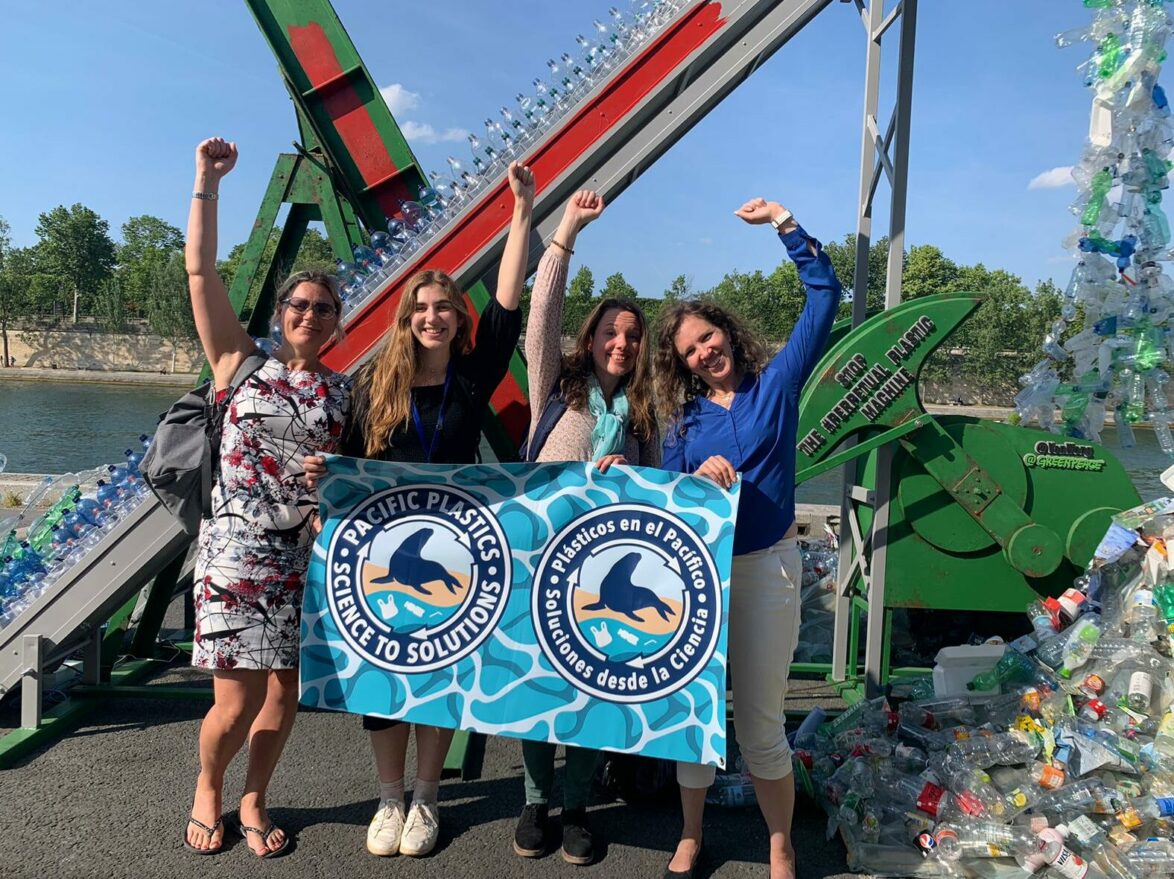
Outside of the plenary room, where discussions were held until the early hours of the morning, the GCT team were busy making strong connections with key players working to tackle plastic pollution with real solutions. GCT, along with our international research network (PPSS), were invited to share our positions at a GRULAC (Latin American countries and the Caribbean group) meeting. We also joined efforts with more than 20 NGOs and networks working in Latin America, to submit a joint statement that was read during the plenary. Our joint statement calls for:
- A drastic reduction of global production of plastics, and the elimination of chemicals and products of concern in the entire plastic life cycle
- A fair, safe, inclusive, regenerative and non-toxic circular system, where products are avoided and prevented, and are designed to last, be reused, returned, repaired, regenerated and recycled
- The integration of scientific knowledge and indigenous wisdom
- Consideration of the perspective of gender, youth and vulnerable groups such as island communities that are unfairly impacted by plastic pollution
- An instrument that is a guarantor of human rights in all regions, inclusive, equitable, mandatory and concrete in its concepts
Click here to read the full statement.
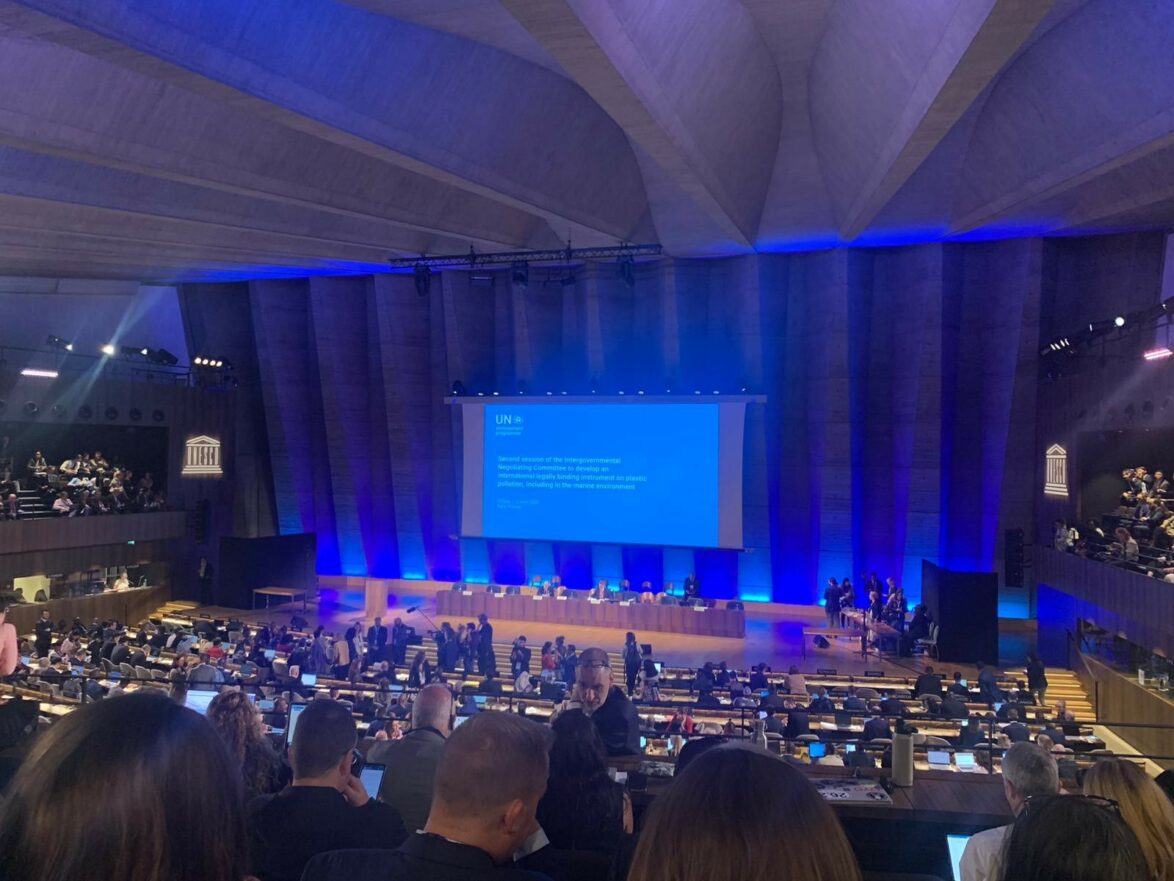
69 %
of plastics found on Galapagos coastlines are single-use items
About INC-2
These negotiations marked the second meeting of the Intergovernmental Negotiating Committee (INC-2) for the Global Plastics Treaty. The timeline for negotiating the treaty is tight, and the aim is to complete negotiations by the end of 2024. This reflects the global ambition for this treaty, accelerated and supported by many countries including Ecuador, Peru, the UK, Rwanda and Senegal.
We spoke to Luis Vayas, Vice Minister of Foreign Affairs for Ecuador and future chair of the global plastics treaty negotiations, for his summary of the proceedings so far. Watch our interview with Ambassador Vayas below.
The timeline for negotiating the treaty is tight, and the aim is to complete negotiations by the end of 2024.
The week started slowly, with seemingly endless debates on the rules of procedure, delaying delegates from discussing the actual content of the treaty. This tactic seems to be an attempt by countries with special interests in oil and plastic production to stall meaningful discussions and weaken the resulting treaty.
Ultimately, the negotiations ended with some positive action. Delegates agreed to develop a ‘zero draft’ of the treaty – a full draft that will form the basis of discussions during the next negotiations in Nairobi in November (INC-3).
We are calling on world leaders to agree to an ambitious, legally binding Global Plastics Treaty that addresses social inequalities and ends plastic pollution by building an innovative circular economy rooted in evidence, that protects humans, biodiversity and promotes human rights and environmental justice.
Our message to delegates is to lead the way towards a world free from plastic pollution. Don’t delay or hesitate, don’t wait for the treaty, be ahead of the curve. There’s no time to waste, and we need global action now.

We are calling on world leaders to agree to an ambitious, legally binding Global Plastics Treaty that addresses social inequalities and ends plastic pollution by building an innovative circular economy rooted in evidence...
Related articles

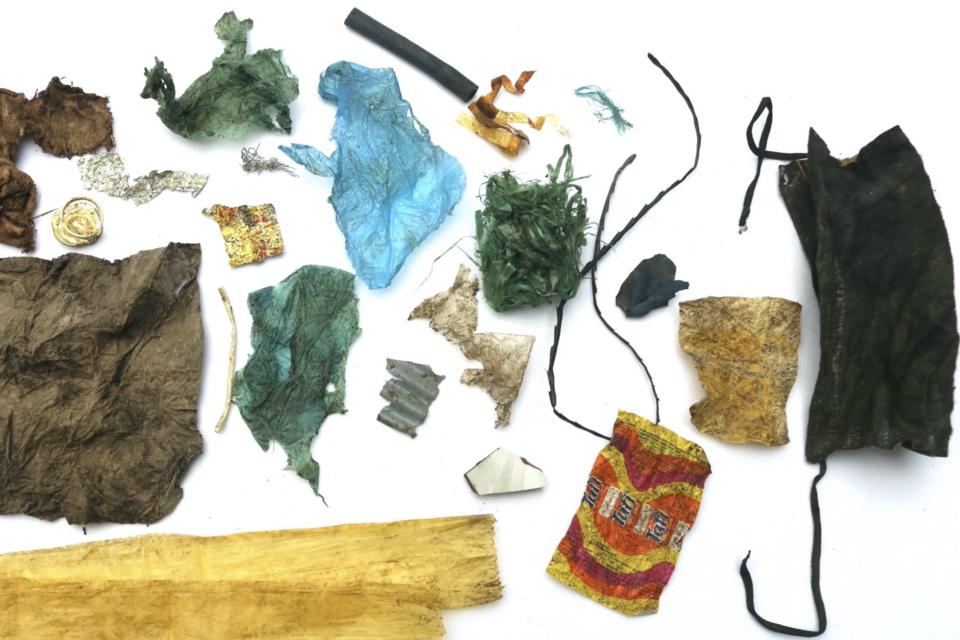
New research shows that Galapagos giant tortoises are ingesting plastic waste
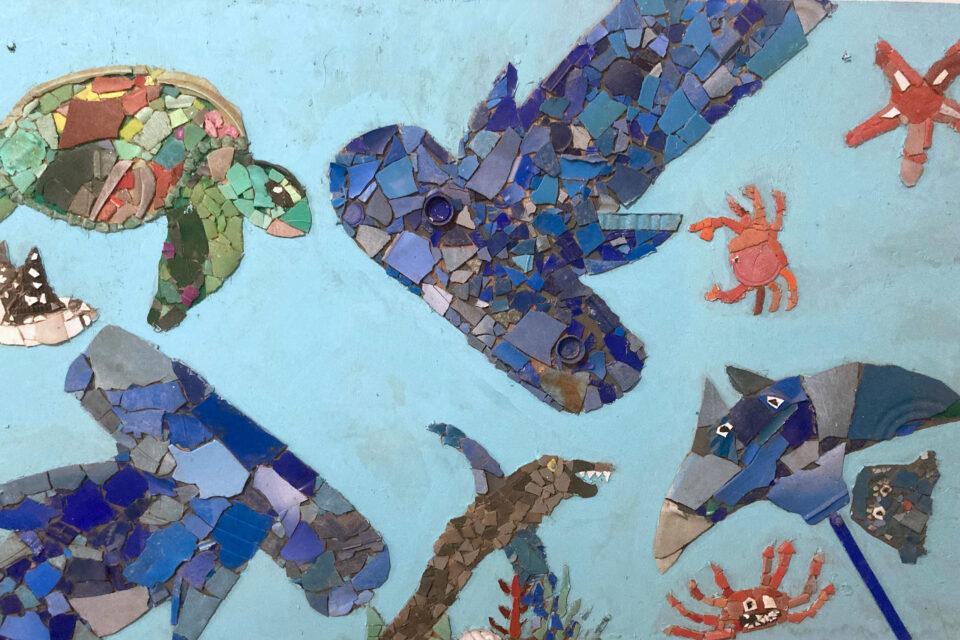
Creating a circular economy for plastics in Galapagos
